The Emerge Difference
Emerge Pediatric Therapy is a relationship-centered practice, both in how we collaborate together as team members, and in how we express the care and respect we have for our clients. It it our mission to focus on “development over behavior” and meet children where they are.
Instead of working to control a child’s behavior, we want to focus on what’s happening under the surface to create those behaviors. Think of treating the system, not the symptom.
By using the DIRFloortime® model to guide our approach to treatment, we are able to support our mission of being relationship based and leading with learning in all that we do.
Emerge Pediatric Therapy is the first (and currently only) DIRFloortime® Accredited practice in North Carolina! When a clinic achieves Accreditation, the qualification applies to the whole team of therapists. This means every member of our Therapy team embraces the child’s individual differences, rather than “fixing” a child’s behavior.
This aligns with Emerge’s Neurodiversity affirming approach. DIRFloortime® is a celebration, or recognition, of our work as relationship-led therapists, meeting children where they are at every level of care.
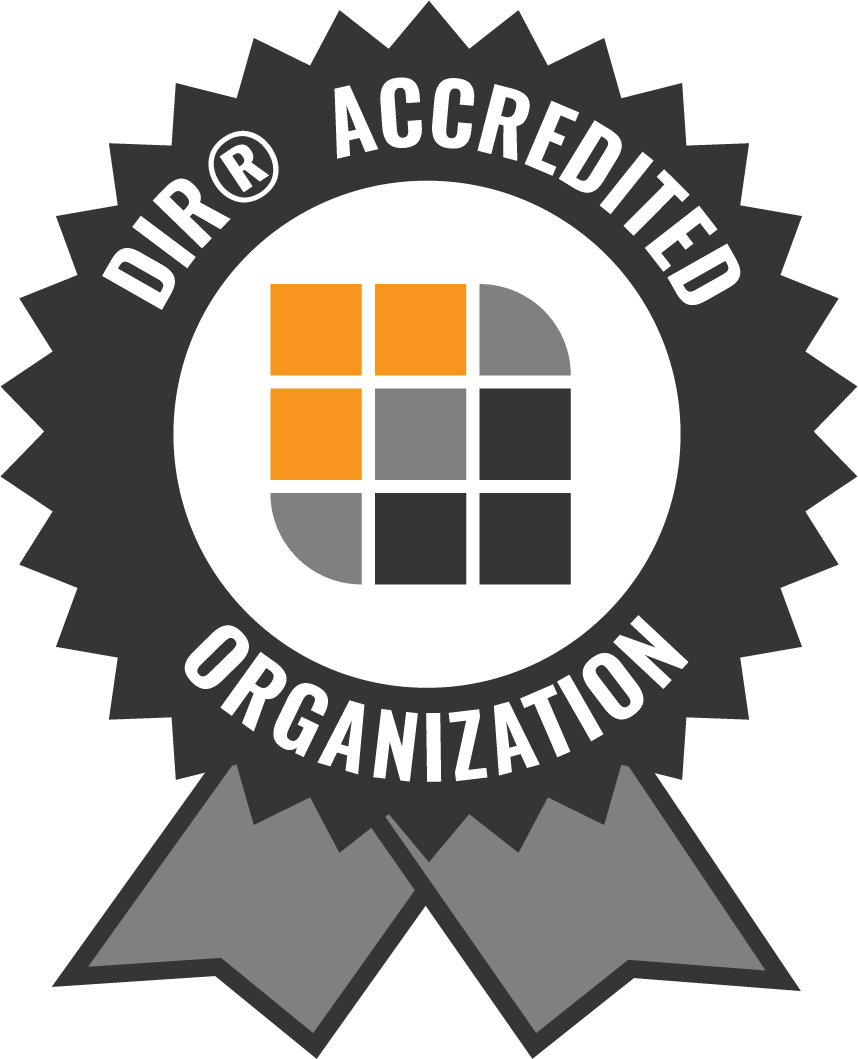
The Emerge Difference also applies to the working environment we have created at Emerge Pediatric Therapy through focus and commitment to our core values.
Check out more from our team:



Customized Interventions
In addition to Floortime being a current that guides the work we do, it is also a Customized Intervention available at Emerge. Read more about DIRFloortime® and our other Customized Interventions below.
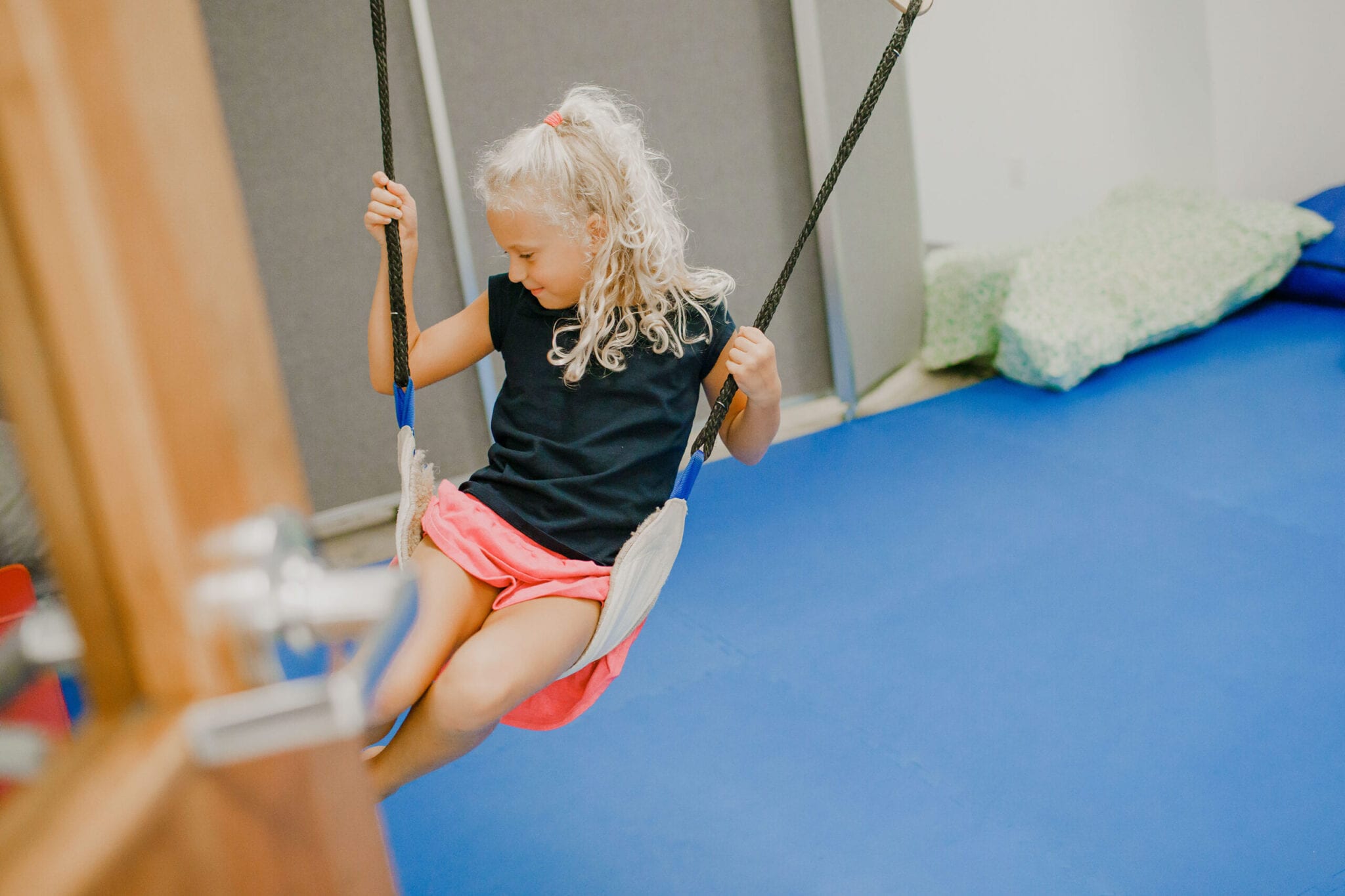
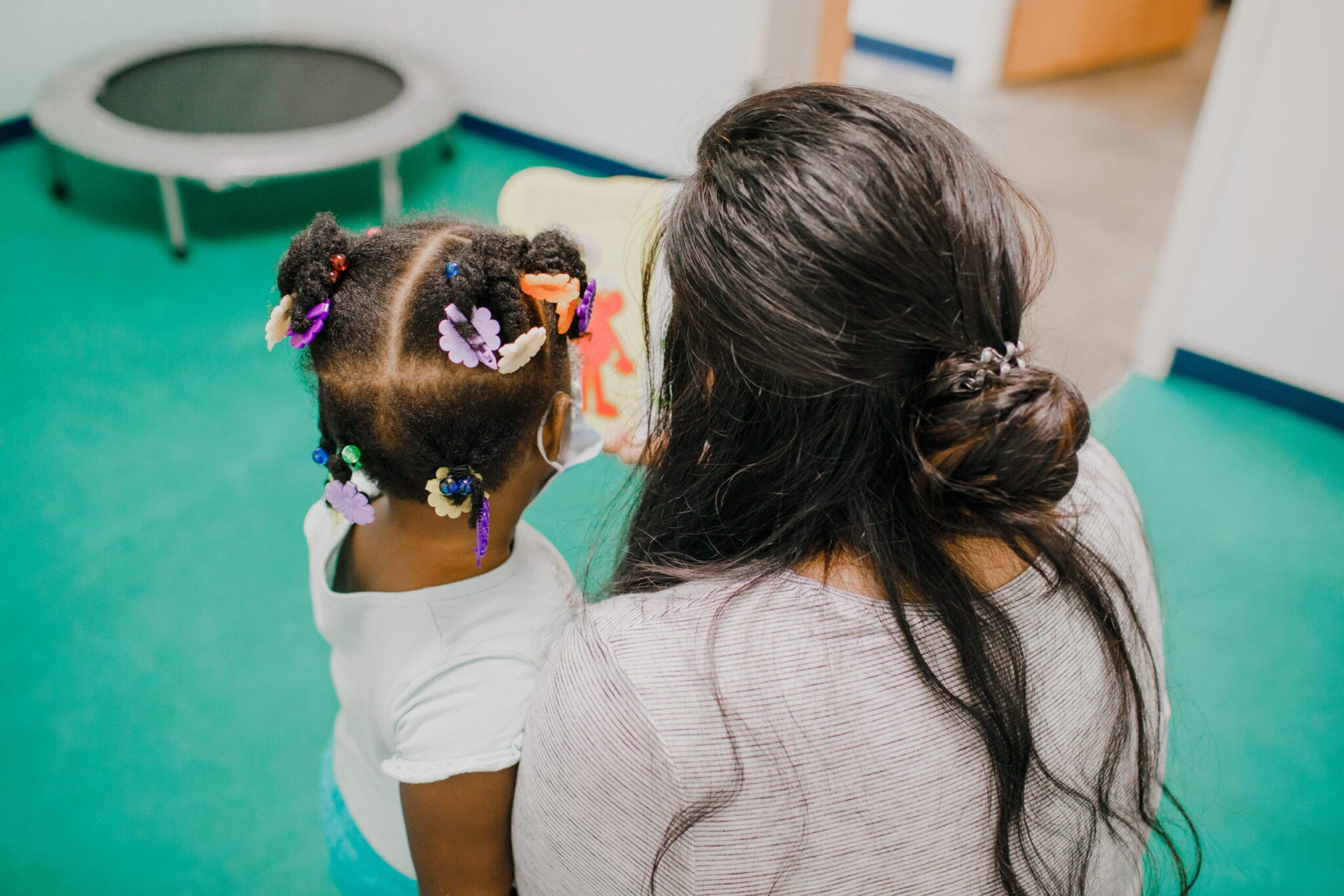
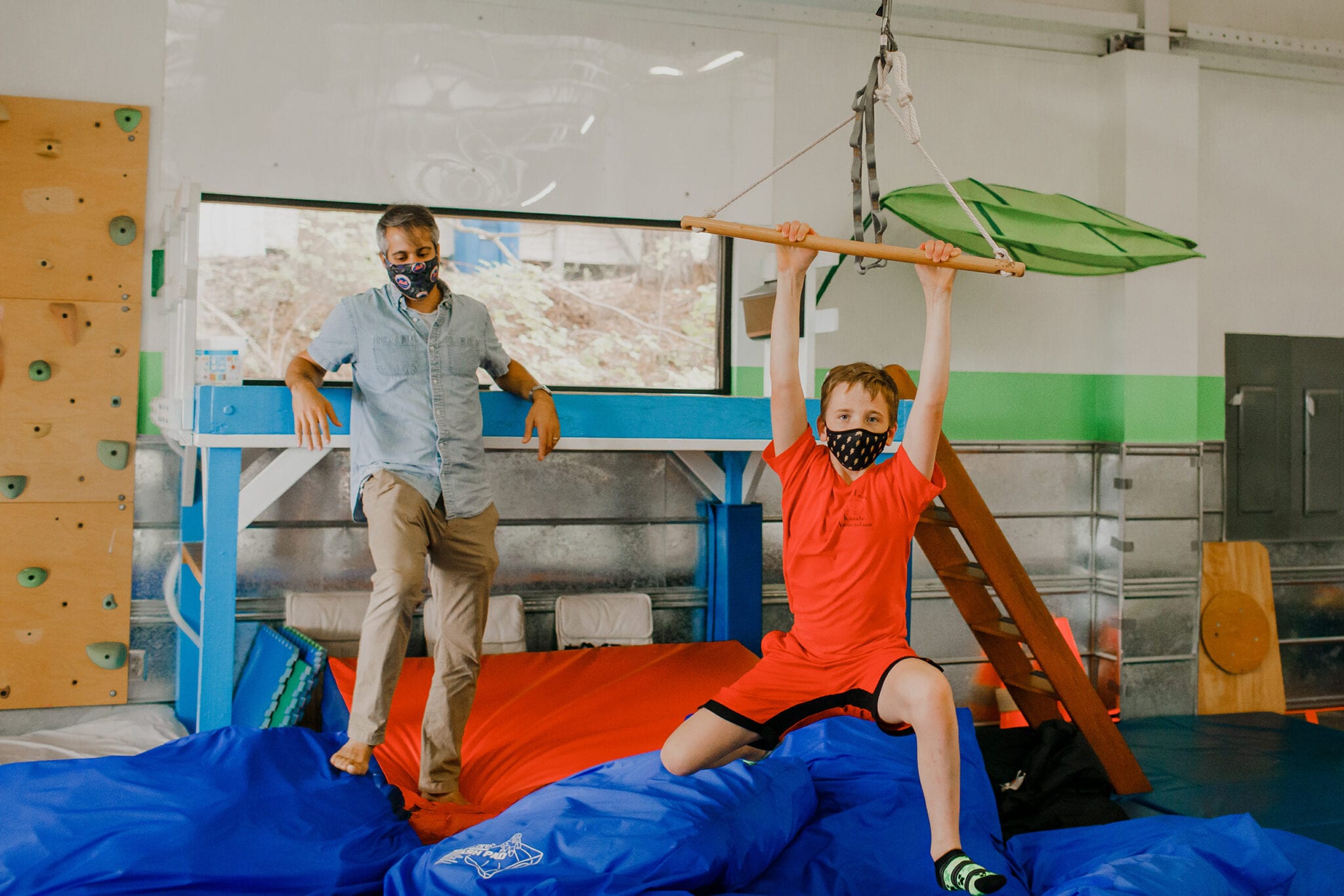
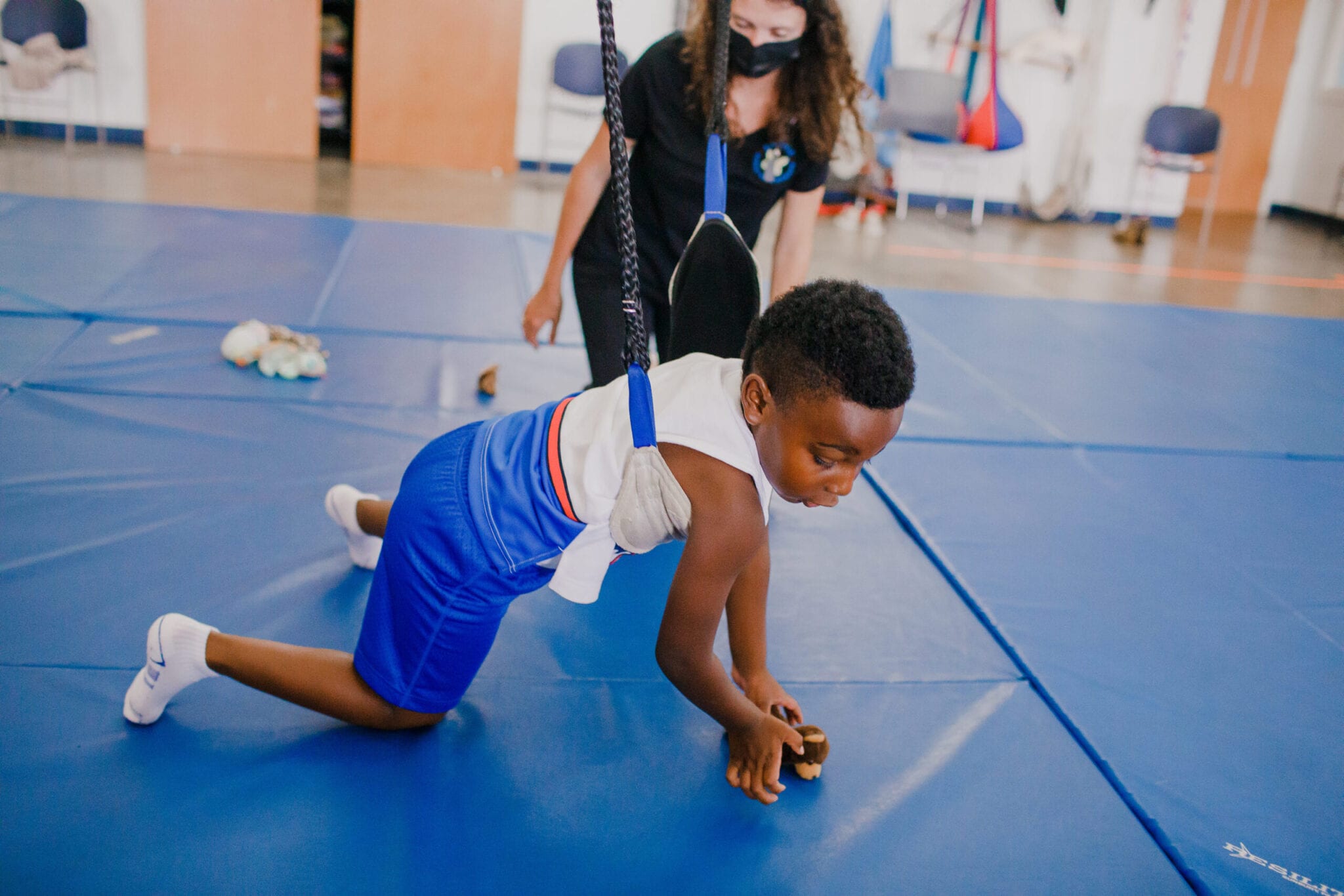
Therapeutic Listening®
Therapeutic Listening is a comprehensive program that stimulates the auditory system. Beyond more than the ears, listening is a whole body experience.
Visualizing & Verbalizing®
A program designed to stimulate concept imagery, resulting in improved language and reading comprehension, reasoning for critical thinking, and expressive language skills.
Interactive Metronome®
A computer based learning tool to help build a child’s attention and focus, motor-planning and sequencing.
PROMPT© Method
A tactile-based treatment program designed to target speech production in children (and adults) who have phonological and developmental delays, dysarthria, apraxia, hearing impairment, and fluency disorders.
Alert Program (How Does Your Engine Run)
The Alert Program was developed by occupational therapists, Sherry Shellenberger and Mary Sue Williams, to teach children self-regulation skills.
The Zones of Regulation®
The Zones of Regulation program was developed by occupational therapist Leah Kuypers. This program describes self-regulatory levels with physical and emotional cues that are categorized by colored zones.
Handwriting Without Tears®
Handwriting Without Tears® (HWT) is a systematic, research based program to teach writing skills and help build school success.
SOS (Sequential Oral Sensory)
A program designed to help individuals with feeding difficulties to expand their repertoire of foods.
Kaufman Speech Language Protocol
A method of practicing syllable shapes and word approximations to develop vocabulary and functional language.
DIR/Floortime
DIR Floortime approach addresses each client in as a unique person, working with parents, caregivers and educators to help children/students to develop capacities.
Sensory Integration / Sensory Processing
Sensory Integration is a theory and frame of reference that describes a process in the brain, and framework for evaluation and intervention.
Lindamood Phoneme Sequencing program (LiPS)®
A phonological awareness program appropriate for children who have difficulty with decoding and spelling.
Occupational Therapy:
- Sensory processing (sensory integration and modulation)
- Social skills (secondary to above)
- Behavioral organization (secondary to above)
- Gross and fine motor skills
- Visual motor and writing skills
- Visual perceptual skills
- Self-help skills
- Play
- Feeding/Eating
Speech Therapy:
- Language development
- Articulation and phonological skills
- Social communication skills
- Fluent speech production
- Orofacial Myofuntional Therapy
- Tethered Oral Tissues
- Reading development
- AAC
- Feeding skills
Physical Therapy:
- Delayed acquisition of gross motor skills
- Balance
- Coordination
- Strength or poor alignment
- Endurance
- Body awareness and proprioception
- Running or walking pattern
- Poor posture and scoliosis
- Torticollis and plagiocephaly
Services Include:
- Screenings
- Evaluations
- Classroom observations/ consultations
- Parental consultations
- Individual treatment
- Small social skills groups
- Treatment Intensives
- Summer Programs
